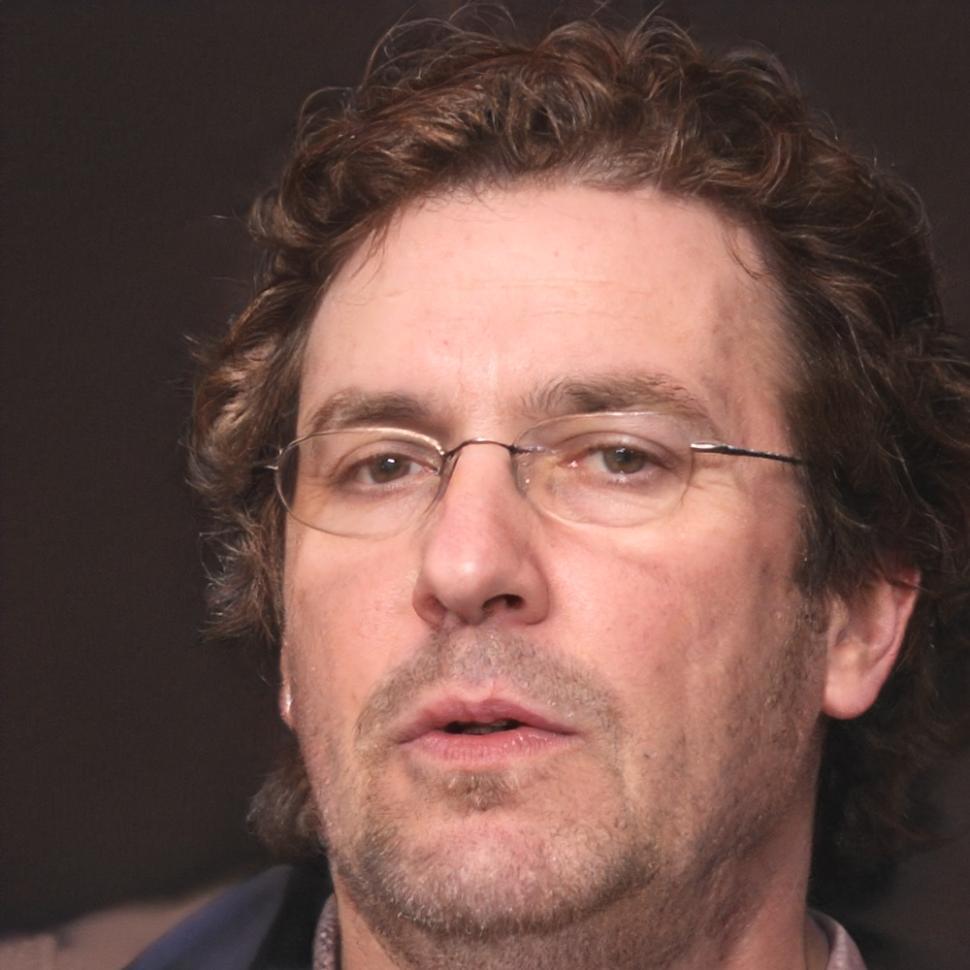Built on Real Conversations, Not Corporate Scripts
Back in 2019, we started helping finance teams explain budgets better. Turns out, spreadsheets don't speak for themselves, and most finance professionals never got taught how to present them effectively.
Start a Conversation
Where This All Started
We noticed something odd in 2018. Finance professionals could build complex models and track budgets across departments, but when it came time to present those numbers? The room went quiet. Not because the data was wrong, but because nobody knew how to make it matter to the people listening.
Our founder spent years sitting through budget presentations that put everyone to sleep. Good people, solid data, terrible delivery. So we asked: what if we could change that? Not with vague communication tips, but with specific techniques that actually work when you're standing in front of a board or department head.
Six years later, we're still refining that approach. The core hasn't changed—help finance professionals tell better stories with their numbers. But we've learned a lot about what works in real Australian business environments, not just theory.
What Guides How We Work
These aren't values we put on a poster. They're the decisions we make when designing programs and working with clients.
Practical Over Theoretical
We test everything with real finance teams before we teach it. If it doesn't work in an actual budget meeting, it doesn't make it into our programs.
Honest Feedback Matters
Sugar-coating presentation weaknesses doesn't help anyone. We give direct, constructive feedback because that's what creates actual improvement.
Context Is Everything
A budget presentation to your CEO looks different from one to department managers. We teach you to adapt, not memorize one approach.
How We Actually Build This Skill
Budget presentation isn't something you pick up from a single workshop. It's a skill you build through practice, feedback, and real situations. Here's how we approach it.

Start With What You Actually Present
We don't teach generic presentation skills. You bring your actual budget reports, forecasts, and variance analyses. We work with your real data because that's what you'll be presenting in six months.
Most programs start autumn 2025 or early 2026. That gives you time to identify which presentations matter most in your role and prepare materials that reflect your actual work.

Practice In Safe Environments First
You're going to mess up. Everyone does when they're learning something new. That's why we create low-stakes practice sessions where getting it wrong is expected and useful.
Small groups, recorded sessions you can review later, and feedback from people who've sat through thousands of budget presentations. We focus on specific improvements, not vague encouragement.

Apply It To Real Situations
The goal isn't to complete our program. It's to present your Q3 budget forecast with confidence and clarity. Or explain a cost overrun without defensive explanations. Or justify a capital request that actually gets approved.
We build toward those real moments. You'll apply techniques to your actual work, see what happens, and adjust your approach based on results.
Who's Behind This
We're a small team based in Wollongong. Most of us came from finance backgrounds before moving into training and communication. We understand the technical side because we've lived it.

Thurman Keppler
Lead Program Developer
Spent twelve years in corporate finance before realizing he was better at teaching presentation skills than building models. Thurman designs most of our curriculum and runs advanced programs for senior finance professionals. He still thinks Excel is more fun than PowerPoint, but he's learned to hide that opinion during sessions.